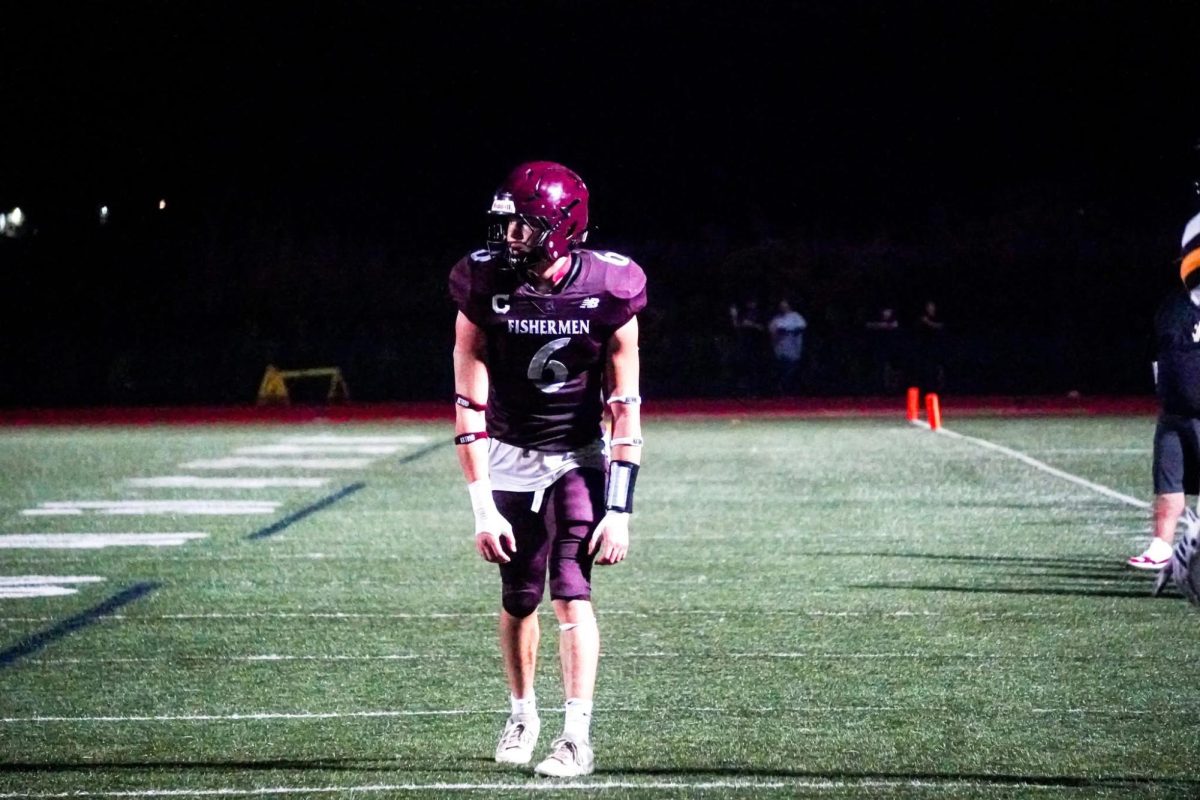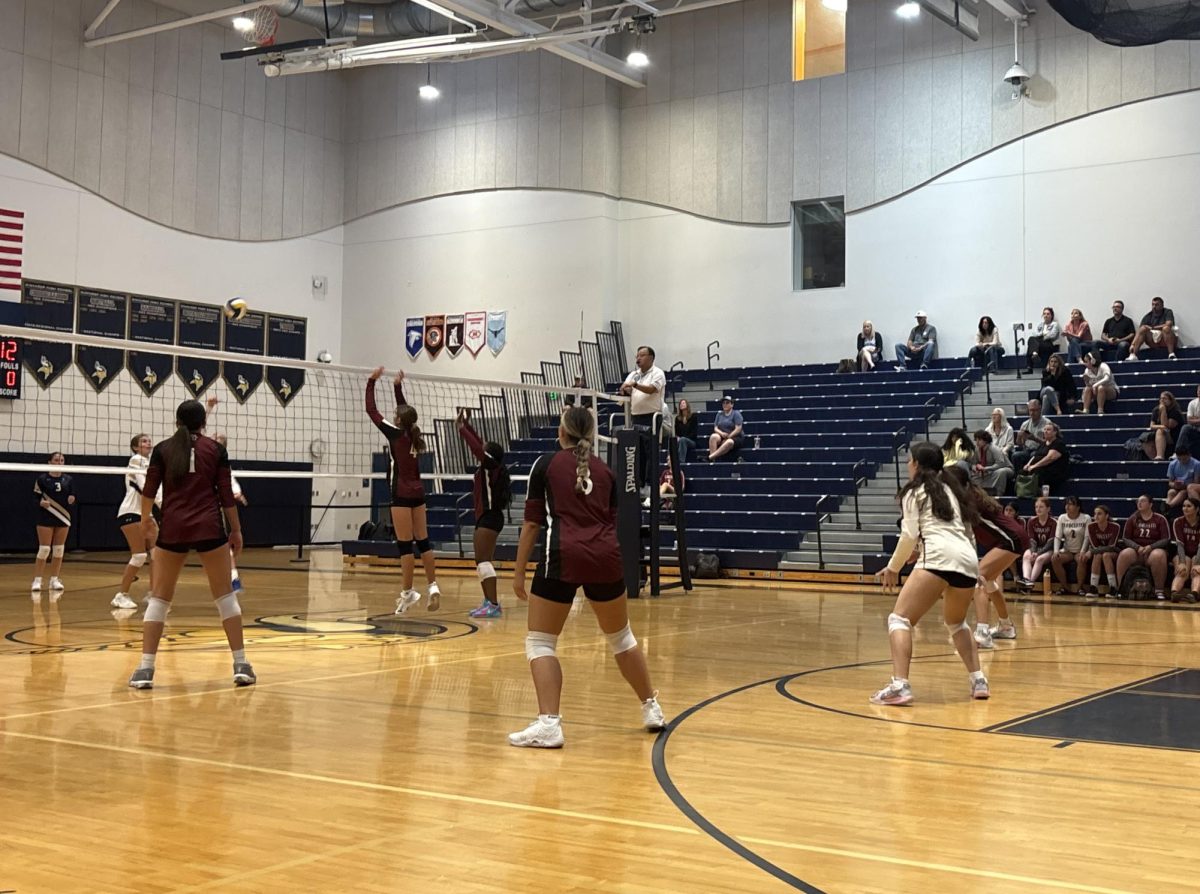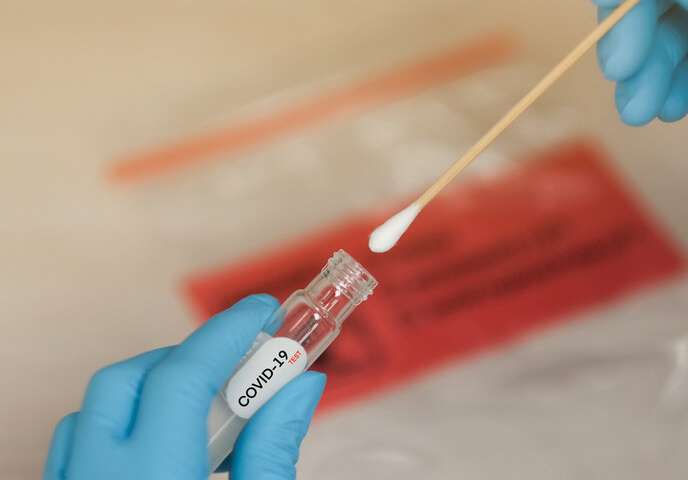In school testing to be offered across district
December 14, 2020
This week, in-school PCR testing for COVID-19 will become available for students and staff. Only symptomatic individuals or those who have been contact traced are eligible. The effort protects the greater school community by ensuring that any sick person can receive a test, regardless of barriers they might face scheduling one in an external location.
“Starting on Monday we will be able to test students and staff who have symptoms during the school day using a PCR test which is the most reliable of the tests that are typically done,” Superintendent Ben Lummis said in an email to families. “Having our school nurses administer these tests on site will allow families to get results back more quickly. If a child needs to be tested, a school nurse will contact their family and get permission before a test is conducted.”
If you are a GHS student or staff member, Nurse Leora Ulrich has the instructions for you.
“If a student has symptoms, they can report it on the morning check-in, or call and come down,” said Ulrich, “Ideally they should check in at home and stay home if they have symptoms. They can then email and we can do a drive by test. A lot of the details are still being ironed out.”
The Superintendent also specified the district is not stopping at PCR tests.
“We are also working on instituting Rapid Antigen testing in schools in January. Made available by the state, these rapid tests have recently been showing more reliability with children who are symptomatic, Lummis said, “Having rapid tests available in school will allow the school and family to get initial results back within minutes and allow us to begin contact tracing very quickly.”
More information on this is coming in January.
But even if we receive Rapid Antigen tests, it is unlikely that any entire school will be screened. Mobile testing units (supplied by the state) are used to test in large numbers and can only be obtained if schools bypass a threshold of cases.
As Lummis said: “We would need to have 24 or more cases at the high school or 18 or more cases at O’Maley. With only 13 cases in all our schools combined, we are not near the number of cases that would require this mobile testing.”
Most importantly though, school community members feel positive about the progress made toward equitable and widespread testing.
“I think it’s great,” said English teacher Micheal Telles, “The more knowledge we have the better.”











![The GHS/MERHS senior cross country runners pose together on Senior Night. [Photo courtesy of Manchester-Essex Athletics]](https://thegillnetter.com/wp-content/uploads/2025/10/Screenshot-2025-10-10-at-11.18.29-AM.png)



















